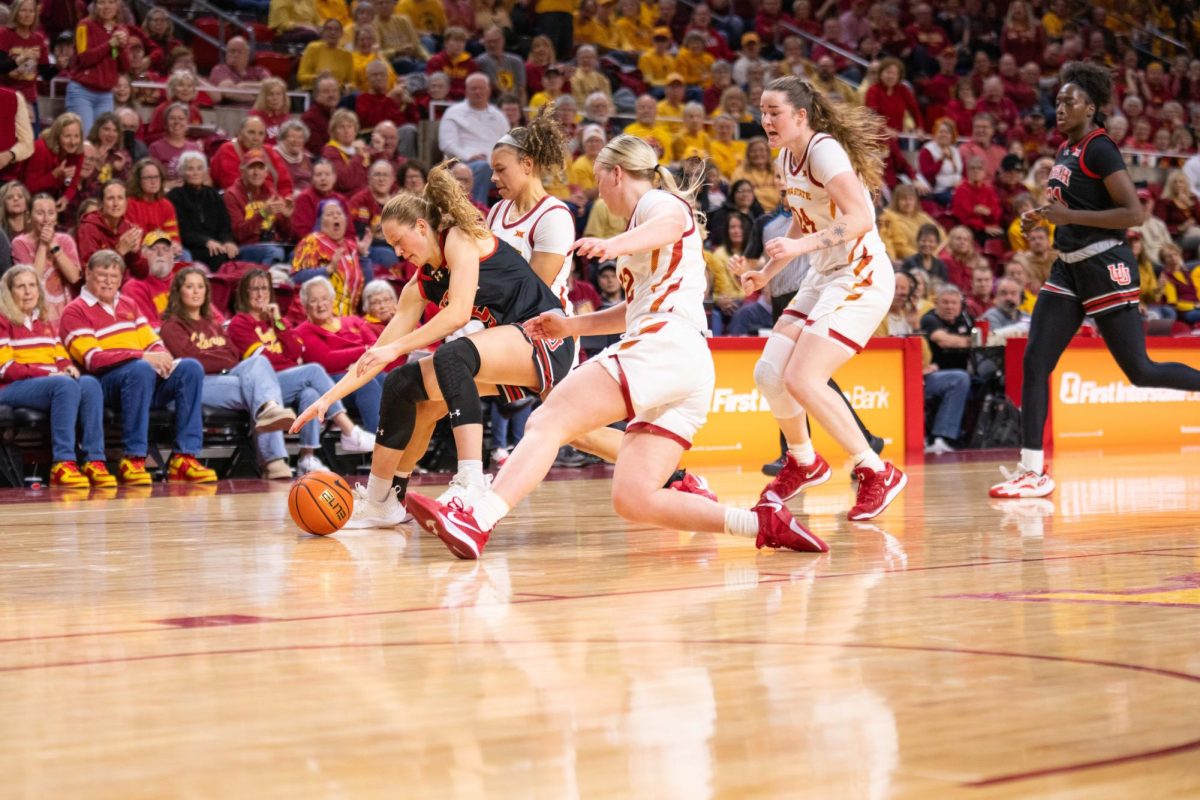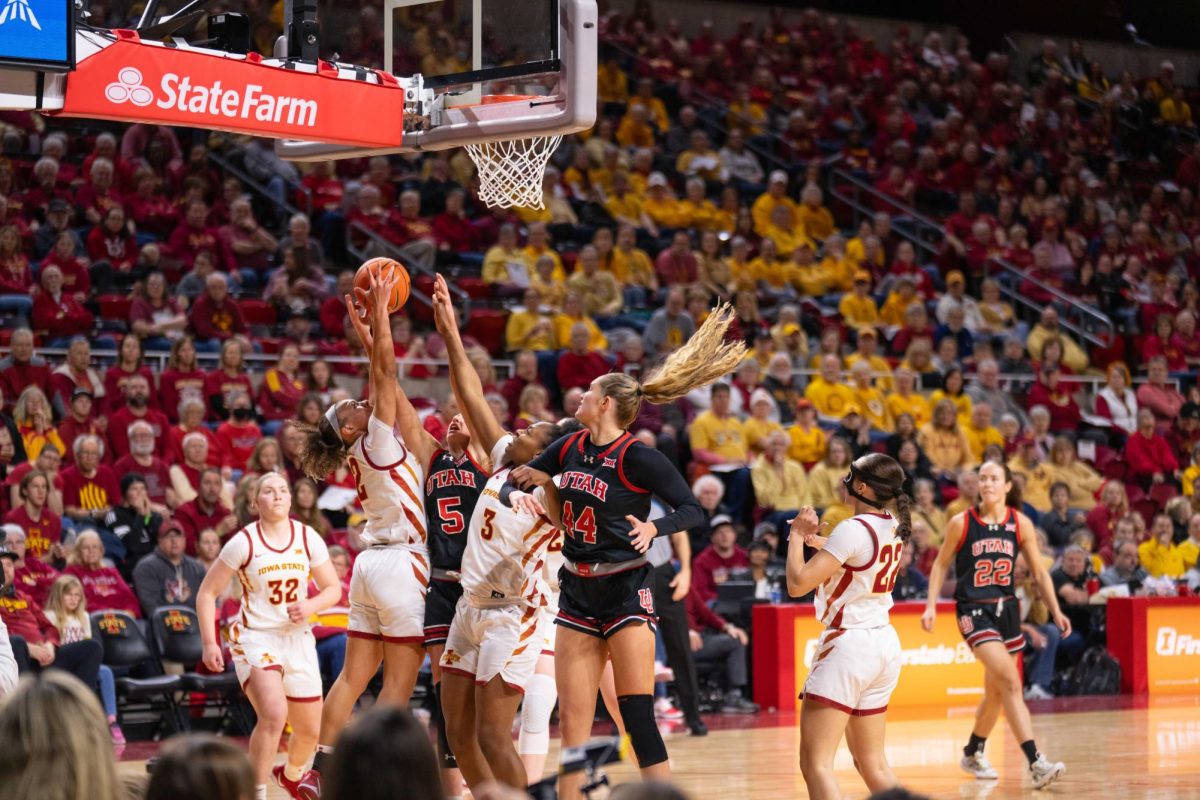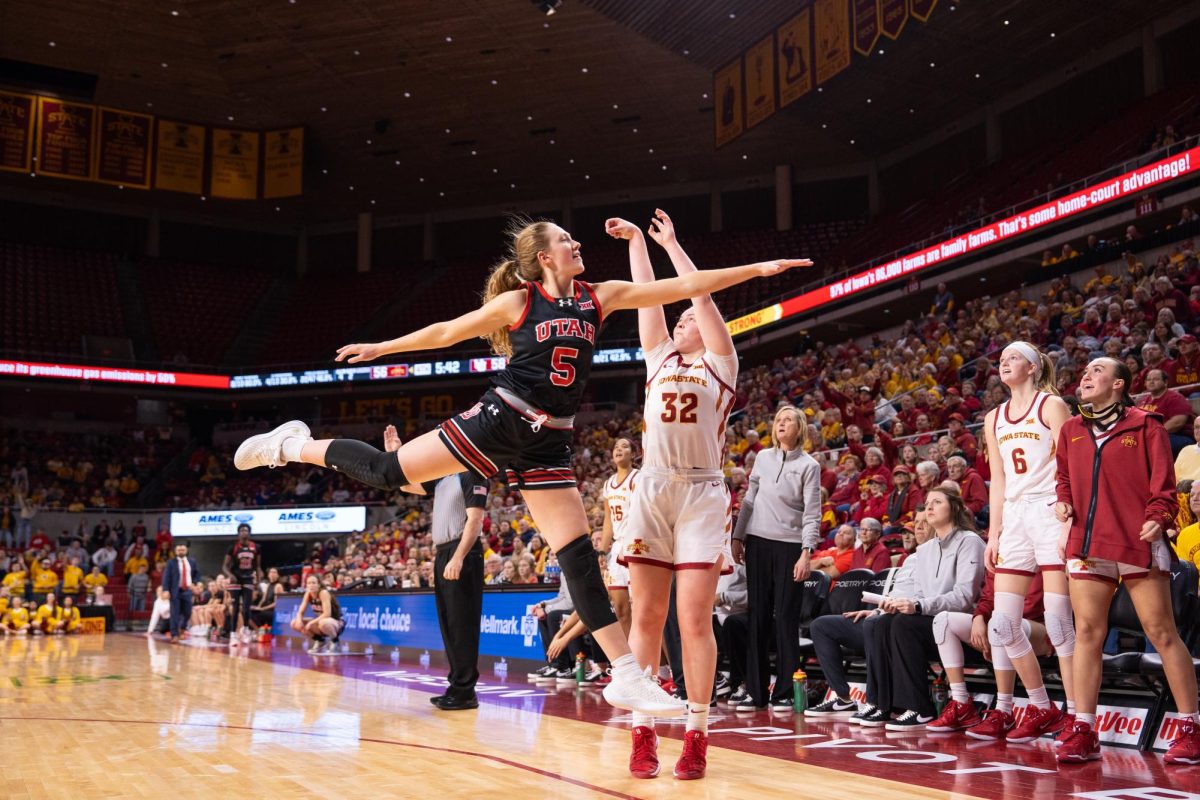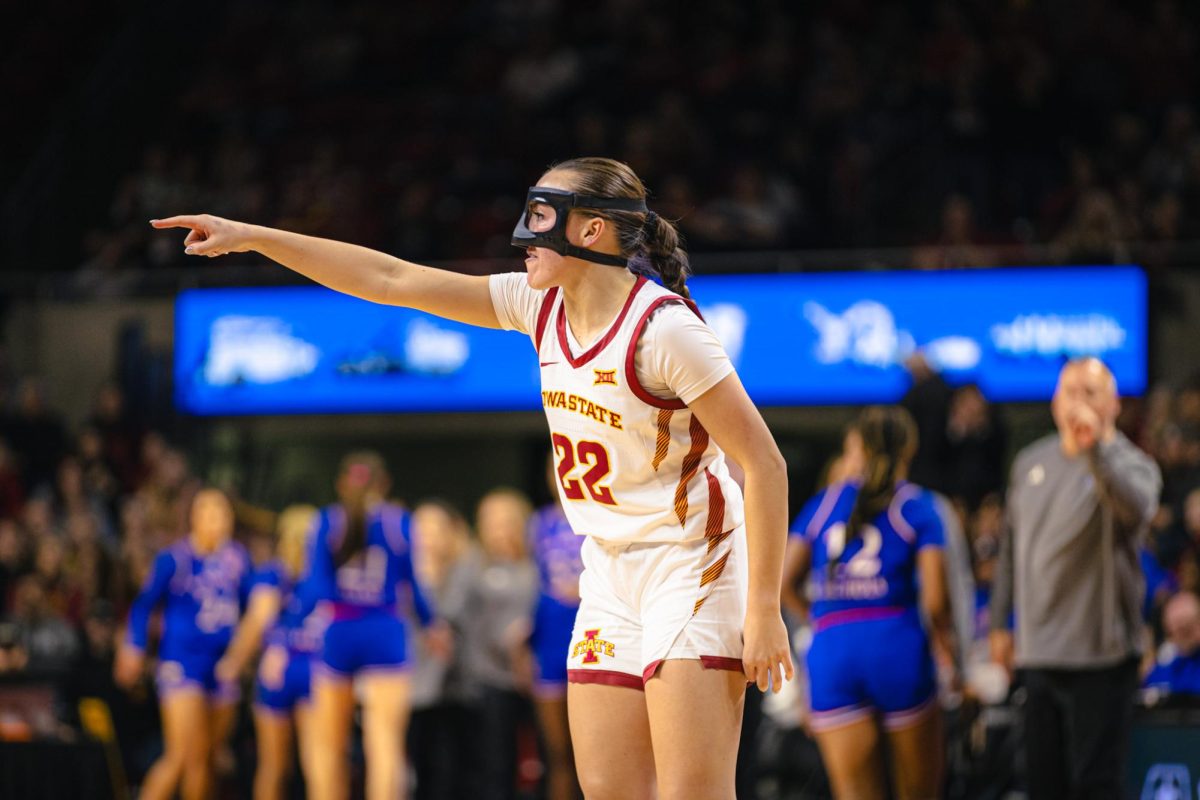Common questions about the drinking law
August 27, 2012
It’s that time of year again. All the new freshmen are moved in, upperclassmen are in their new off-campus living arrangements, and cops are on the lookout.
With such new environments and responsibilities, not all Iowa State students are clear on their rights regarding alcohol both on and off campus.
“It depends on the circumstances at the time,” said Jim Robinson, Criminal Investigations Commander, when asked whether or not underaged students can get into legal trouble if they are sober at a gathering with alcohol present.
Robinson explained that it is possible, if an underage student is in the presence of alcohol, it could be construed that the minor had intentions to drink.
“It depends on what the officer is able to articulate in court if [the minor] were to be charged,” Robinson said.
The right to search bags or backpacks that students are carrying is another area where Iowa State students are confused on their rights.
“It depends on what the officer observes while interacting with that person throughout that particular contact,” Robinson said in response to whether or not an officer can search the bag of a person walking down the street. “If the officer has reasonable suspicion and can articulate those reasons, it is possible that the bag can be looked into.”
The fourth amendment states “The right of the people to be secure in their persons, houses, papers, and effects, against unreasonable searches and seizures, shall not be violated, and no warrants shall issue, but upon probable cause, supported by oath or affirmation, and particularly describing the place to be searched, and the persons or things to be seized.”
It is within a person’s rights to decline a search of his or her belongings; however, police officers can act under the pretense of probable cause.
Another often asked question is:
“Can a cop come onto private property to bust a party?” and the answer is yes, if there is probable cause. The most common causes would be noise complaints and if the officer actually witnesses some form of criminal activity. Apartments, houses, and fraternity houses are all considered within the district of Ames, and so fall under its laws.
According to Chapter 16 of the City of Ames Municipal Code, a noise complaint can be filled if the decibel level of the premises reaches 60 decibels from 7 am to midnight and 55 decibels from midnight to 7 am. If your breach those levels, a police officer has a right to visit your home.
The best way to not get caught underage drinking is simple: don’t drink while underage. Unlike a DUI, which requires a .08 blood alcohol level to be charged, if you are found on the street with any amount alcohol in your system, you can be charged with public intox.
With greater degree of freedom comes greater degrees of responsibility. Understanding all the rights that come with being an Iowa State student is no less of a responsibility than turning in homework on time or not engaging in academic dishonesty.






